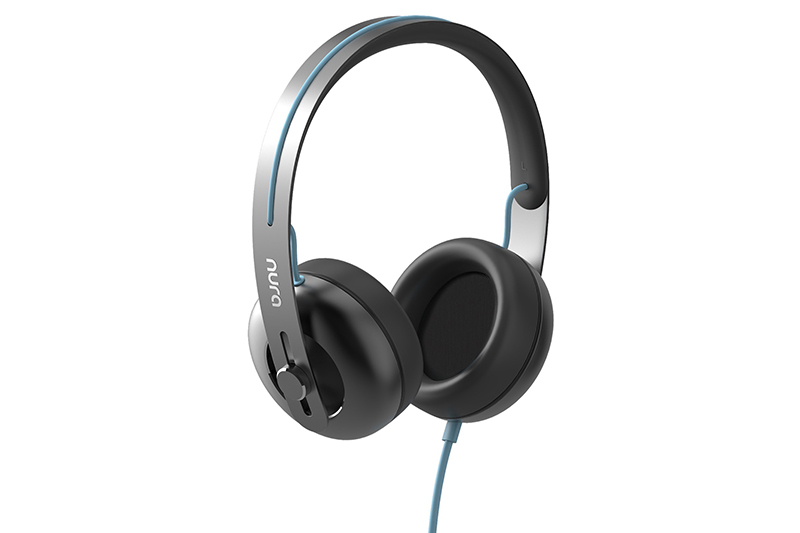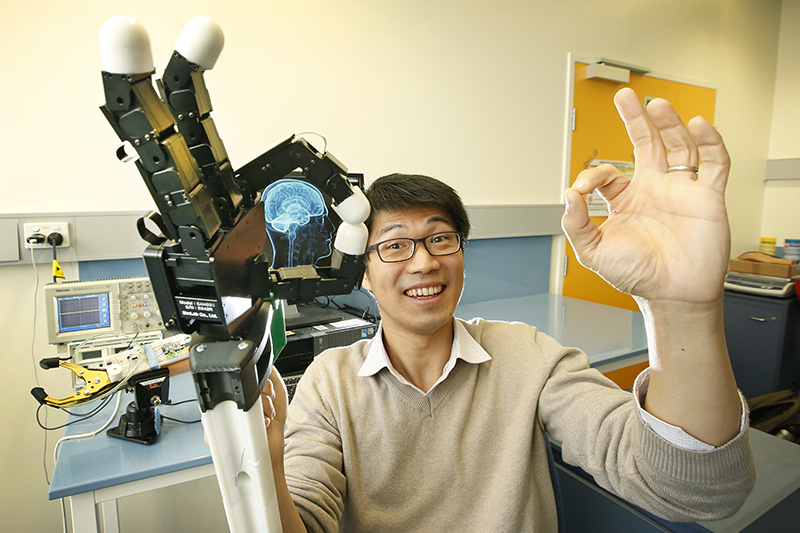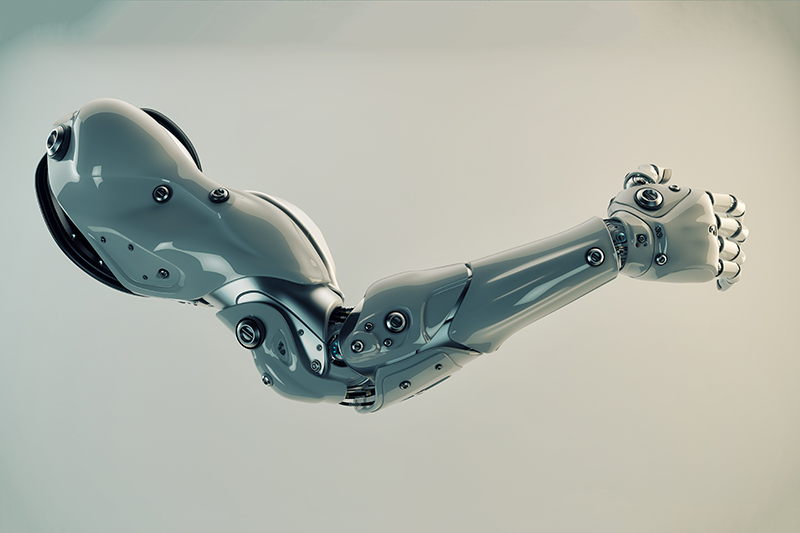[content_slider]
[content_slide]

[/content_slide]
[content_slide]

[/content_slide]
[content_slide]

[/content_slide]
[content_slide]

[/content_slide]
[/content_slider]
MELBOURNE | Did you know that Melbourne is leading the way in world-class research on a whole range of interesting topics? You can find out all about it at the University of Melbourne’s free public exhibition, Made Possible by Melbourne, which showcases the impact of the university’s research in Melbourne’s CBD until 25 November 2016. Here are five of the top innovations currently happening.
Biofortified Rice
Over two billion people around the world do not get enough vitamins and minerals from their food causing the epidemic of ‘hidden hunger’. Rice is the most common staple food for billions around the world and researchers at the University of Melbourne are developing the ultimate strain of rice that has the potential to reduce malnutrition disorders and improve half the world’s diet.
These grains contain much higher quantities of zinc and iron than normal rice, reducing the percentage of malnutrition and anaemia
Digital Vineyards
Dr. Sigfredo Fuentes from the University of Melbourne is on the path to developing the ability for farms to become living, breathing, self-sufficient pieces of land. And it’s not going to be limited to just one crop. Drones are equipped with pre-entered data that can monitor an entire farm down to the last crop or tree and can cover over 2500 hectares in one day.
Nura Earphones
Kyle Slater and Dr. Luke Campbell from the University of Melbourne have created ‘prescription earphones’ that specifically tailor to your hearing.
They adapt to your individual hearing, which means whether you’re listening to music at home or in a noisy outside environment the perfect sound profile is built for you, filling in the gaps that conventional earphones can’t.
Robots With Human Touch
Touch, taste, smell, sight, hearing. These are the five senses that connect the world. But imagine you lose one, touch, and have to rely on a prosthetic limb in place of living, breathing flesh.
Prosthetic limbs have come a long way in the past decade, but the sense of touch has not been considered, until now. Researchers from the UoM are developing a robotic arm that not only restores full movement but also restores sensation. A 3D printed microchip will be able to read electrical signals in the brain and pass movement messages via nerves to the robotic arm-in turn enabling the user to ‘feel’ sensations such a strength and pressure.
Turning Any Water Into Drinking Water
Melbourne has one of the cleanest most drinkable tap water supplies in the world. But for 780 billion people, that’s not the case. University of Melbourne researchers have developed a water treatment plant housed in a shipping container that can filter the dirtiest water in to clean drinkable H20
This world-saving invention has been created as a portable plant, which means it can be sent to small communities where clean water is not an option.
Made Possible By Melbourne
Where: Various locations across Melbourne’s CBD
When: Until 25 November 2016
Cost: Free

